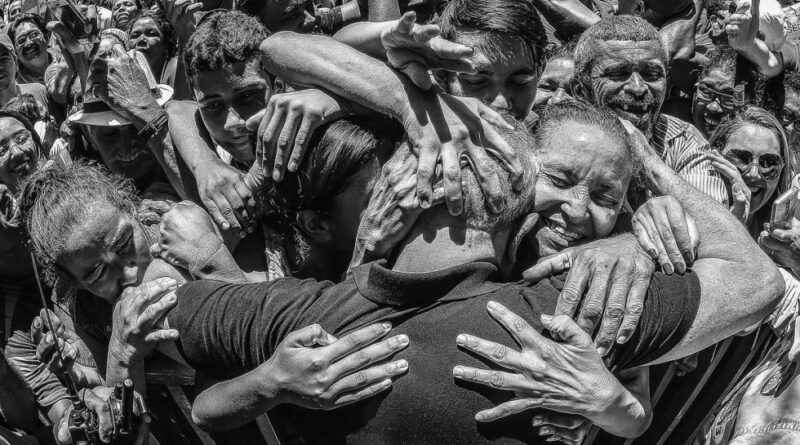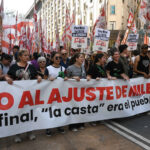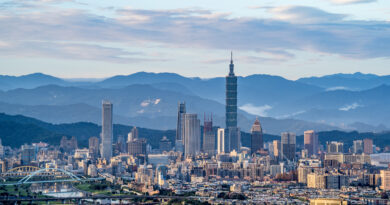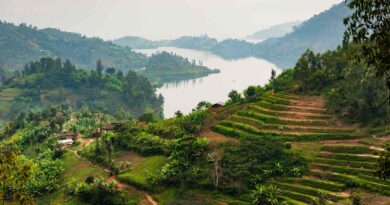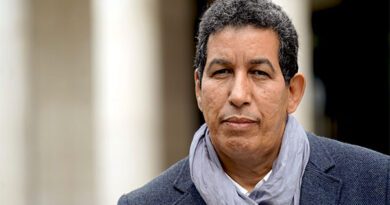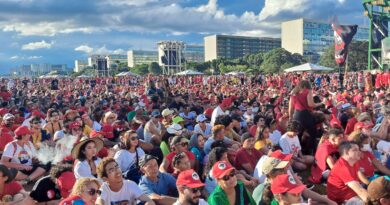Fernando Morais, biographer of Lula: he left prison infinitely better than he entered
CECILIA VALDEZ
Buenos Aires
Fernando Morais (1946), is the author of "Lula, la biografía", the first part of the life story of one of the most influential leaders in Latin American history, who on January 1 will assume the presidency of Brazil for the third time. one of the 5 largest countries in the world.
Morais was there when Fidel Castro and Lula were presented on a tarmac at a Managua airport, and the two times Lula was imprisoned. In this first part, he tells us about the history of Luis Inázio da Silva from his origins, the arrival with his mother (Lindu) and his six brothers in São Paulo in the midst of the most absolute misery, the various tragedies that have plagued his life since very young, his rejection of parliamentary political life, his beginnings as a trade unionist, the creation of the Workers' Party (PT), and a long journey of struggle and militancy that traverses the history of Brazil and Latin America.
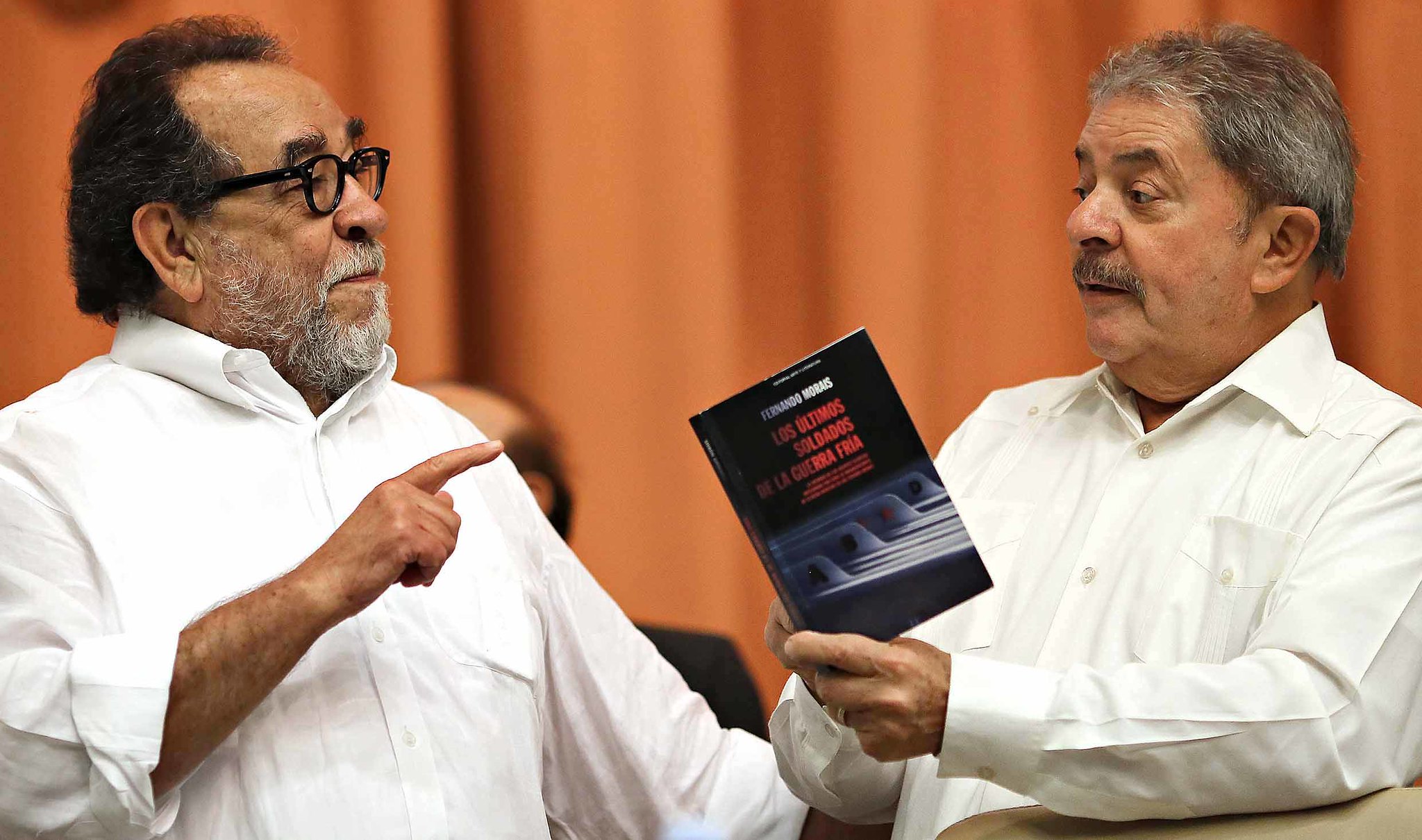
Morais has been a journalist since 1961, worked in the main Brazilian media, wrote several books that sold millions of copies, received many awards and forged a close relationship with this man, whose figure acquires today, and perhaps more than ever, a central weight in world geopolitics.
You have known Lula for 40 years, what things surprised you with the writing of the book?
Above all, the tragedies that he had to overcome. Like that of a mother abandoned by her husband with 7 children, who comes with those children to São Paulo in a truck on a 10-day trip with nothing, eating flour and water, and when they arrive they lead a miserable life. A mother who is her greatest reference, and the first example of someone who distributed what she had among the poor. Then, at the age of 20, he got married, his wife became pregnant, but both she and the baby died in childbirth. Later he married Marisa, with whom he spent 40 years and had 4 children. In the middle of Lava Jato, Marisa was very attacked, she had a stroke and died. Now he married Janja, a very interesting and very happy girl, who brought him much joy.
How did you meet Lula?
I met him when I was a young deputy and he was a young metal worker. In the '80s he staged a mega strike that paralyzed 500 workers, we were still living under a military dictatorship. I was there because a group of deputies went to the ABC region to be witnesses, and denounce the intervention of the union by the military government. Lula was arrested there along with the entire leadership of the union.
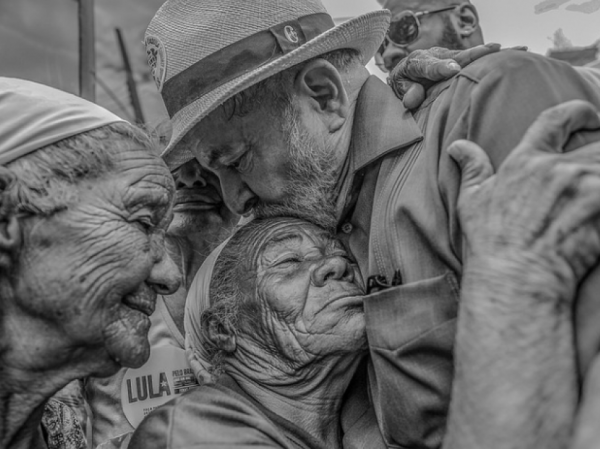
That was also the germ of the creation of the PT...
After that strike, Lula began to think about creating a single workers' union and a workers' party. Lula had a lot of prejudice against politicians in general and also, during a visit to Congress, he discovered that among the 490 federal deputies there were only two workers, there he decided to create the Workers' Party (PT). The first election he contested was for governor of São Paulo and although he was fully certain that he was going to win, he came last. That defeat caused him a strong depression.
That is where Fidel Castro enters the scene.
Yes, the day that the Sandinista Front celebrates one year of its victory, on July 19, 1980, I was in Havana, I knew that Arafat was going to be in Managua, I had been wanting to interview him for a long time and when I went to say goodbye to Fidel tells me: "Are you going to Brazil?" And I tell him: "No, I'm looking for a flight to Managua, but it's complicated" And he tells me: "But no, I'm going there, come with me!" When we arrived, we got off the plane and Daniel Ortega, Frei Betto and Lula were there, and it was there that D'Escoto (Nicaragua's foreign minister) introduced Lula to Fidel. There he began a very strong friendship between Fidel and Lula that lasted until Fidel's death.
The reunion, a few years later, was fundamental for Lula's political career.
Yes, after the defeat, Lula traveled to Cuba for no particular reason and in an audience with Fidel, he told him: "Look Lula, there are people who told me that you want to leave politics because of the defeat in São Paulo." And Lula tells him that yes, it was a very humiliating defeat. Fidel spoke to him very harshly: “Since elections as we know them exist, there has never been a case of a worker who has received one million two hundred thousand votes. You have no right to throw those votes out the window. This is a demonstration that there are workers who have their hopes pinned on you.” That was fundamental, so much so that he immediately decided to contest the election for the Constituent Assembly and obtained the largest number of votes that anyone in Brazil had obtained until then.
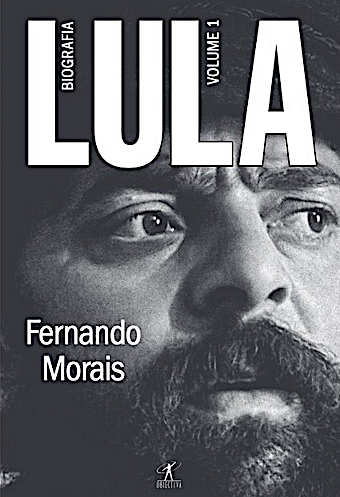
Lula was part of the wave of progressive governments at the beginning of the century, now he will join this new wave, and many wonder if he will know how to adapt to the new circumstances.
I closely followed Lula's last prison and I am convinced that the Lula who left prison is infinitely better than the one who entered. He read more in prison than he had ever read in his life and came away with a very strong conviction on the question of state sovereignty. Another issue on which he came out with a much stronger conscience is that of racism. Half of the Brazilian population is black and racism is deeply rooted in the social question, blacks are above all poor.
How do you think you will be able to sustain your own agenda in a context as adverse as that of the current Congress?
With few exceptions, the Brazilian Congress is a tragedy, but I believe that many of the people chosen by Bolsonaro, except those on the extreme right, will support Lula. The Centrao has no ideology and Lula has the enormous capacity to deal with whoever he is.
Cecilia Valdez She is an Argentine journalist.

